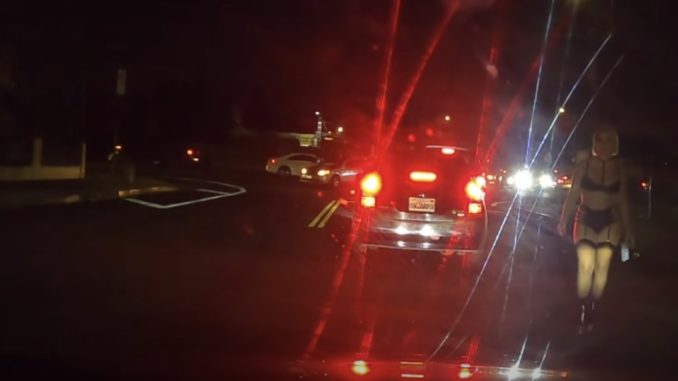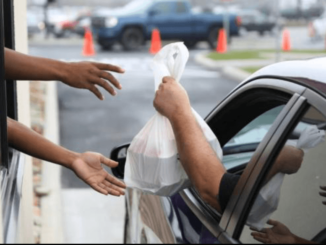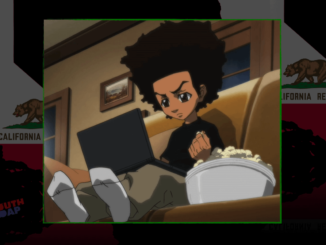
Everyone is not pleased with the recent amendment of SB 357, legislation that prohibits soliciting or engaging in an act of prostitution, loitering in a public place with the intent to commit prostitution and aiding someone in doing so, or collecting proceeds in exchange for an act of prostitution. The amendment introduced by California State Senator Scott Weiner earlier this year garnered a majority vote.
Under the previous senate bill, those who were found guilty of prostitution offenses would receive a misdemeanor and would be susceptible to enforcement of the law by law enforcement. The amended bill will not only alleviate law enforcement from interfering with acts of prostitution, but will also repeal any provisions to prevent loitering for the sake of prostitution and give past offenders a ground to petition for the court to overturn or dismiss prostitution-related offenses on their record.
Read The SB-357 Senate Bill Here For More Details
Human trafficking activist Opal Singleton Hendershot suggests that the impact of the new amendments will devastate California communities.
“I believe that legalizing street prostitution is not the answer to protecting a sex worker,” Hendershot, who is CEO and president of organization Million Kids, said. “Instead, street sex leads to crime, violence, and a deterioration of our communities. It will drive businesses away. It will set a terrible example for our children. If SB 357 passes, street sex will become common place, literally thousands more individuals (mostly women) will be exploited, and California will experience a silent tsunami of prostitution.”
Million Kids is concerned that SB 357 will now serve as an impetus to release prostitution offenders back into communities. Also, previous victims of sex and human trafficking may now be at risk to experience abuse and violence as a result of prostitution no longer being a punishable offense.
While Million Kids is not saying that the government should have a direct impact on consensual adults engaging in acts of sex in exchange for payments in various forms in the privacy of their residences, the organization is certain that the way California officials are going about making prostitution legal is not effective in making it safer for sex workers. For instance, Nevada has legalized prostitution for certain counties with the condition of strict perimeters and includes initiatives to keep the sex workers healthy and safe, such as regular STD testing, health department inspections, free condom distribution, and vigorous safety precautions.
In Los Angeles, Figueroa Street is a hot spot for women prostituting openly throughout the day. Oftentimes, law enforcement will have a presence, only to drive by all of the activity occurring in front of residences and businesses. Now, with the awareness of the bill amendment, more and more sex workers are appearing on the streets.
“Having worked in combating human trafficking and social media exploitation for over 12 years, I can tell you it is not a simple issue,” Hendershot said. “I have met many young people who fell in love on the Internet or hooked up with a boyfriend that turned out to be a pimp or a gang guy. Sometimes it is a housewife or lonely adult woman who decides to make some money turning tricks. Before long, a guy comes along offering marketing services or a romantic relationship, and it all sounds good. Then the violence and control begins. Suddenly, these women have quotas to make $1,000 a night or they don’t eat, aren’t allowed to sleep, and often beaten, choked, burned, raped and sodomized. The pimp or gang or cartel keeps the money earned by the sex worker.”
Hendershot continues, “The sex worker very quickly becomes ‘enslaved’ and feels they cannot get free. One of the greatest tragedies is when a teen gets ensnared, and then they become an adult (at age 18), they are so psychologically traumatized they are too terrified to leave. Some make it out of the ‘life’ and unfortunately some don’t.”
To get help for victims and survivors of human trafficking or to connect with local services 24/7 call 1.888.373.7888 or Text “HELP” to 233733 (BEFREE).



